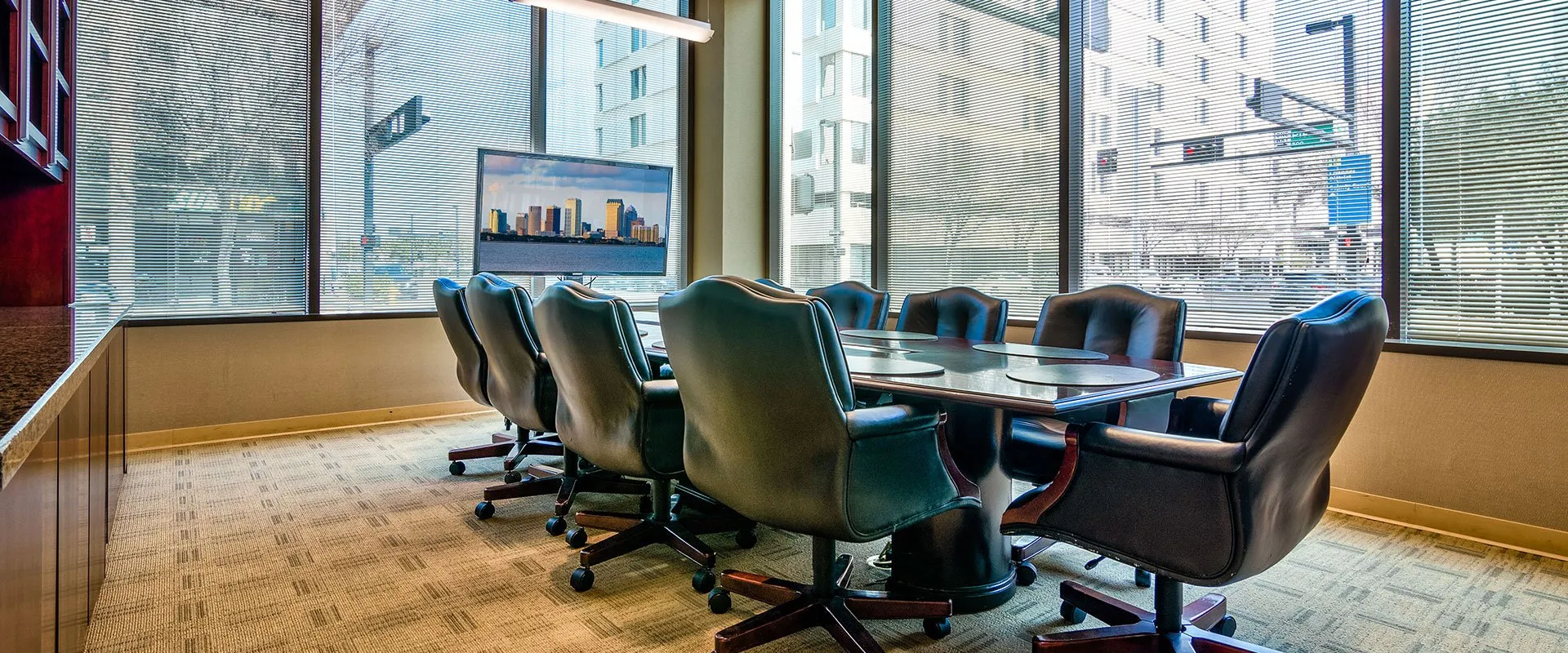Ways to Reach a Settlement – Direct Negotiations and Mediation
- April 7, 2021 @ 12:26 pm
- Written by adminrtl
- Categories: Legal Process

We frequently refer to “settlement negotiations.” However, negotiating directly with the defendant and his or her lawyer is just one way you can reach a settlement. You can also use methods that are collectively called “alternative dispute resolution,” which are more formal. They include mediation and arbitration, both of which are a little like informal trial led by someone specifically trained in resolving disputes. In some states, courts may order the parties to try an alternative dispute resolution method, or you may be obligated by a contract to try it. You can also choose this on your own.
Direct Negotiations
The most direct way to reach a settlement is simply to negotiate with the insurance adjuster, or the defendant and the defendant’s lawyer. Doing this requires substantial knowledge in two areas: The prospects of your case if you go to trial, and the value of your claim. This is where having a lawyer who is experienced in accident cases, such as distracted driving, can benefit you greatly. Experienced personal injury lawyers have handled hundreds or even thousands of cases like yours, so they understand how your case is likely to come out at trial. They should also be familiar with the courts and juries in your area. For the same reasons, they understand how to calculate the full value of your claim. And of course, a lawyer is probably an experienced negotiator. This levels the playing field against the insurance adjuster or defense lawyer, who will work to minimize your payments to save money for the insurance company.
Once you retain a law firm, it will handle all contact and negotiations with the insurance company and the defendant. Legally, they can no longer contact you directly, so the law firm will take care of it for you. Under most circumstances, you do not need to be present for direct settlement negotiations, although your law firm will keep you informed throughout. Using the information you provided about your case and the information obtained during discovery, your law firm will build the strongest possible case for settlement and present it to the other side. If they make an offer, your lawyer will present it to you for a decision, along with his or her advice. As we said before, this is 100 percent your decision.
Mediation
Mediation is a type of settlement negotiation in which an impartial third party helps both sides come to an agreement, using training in dispute resolution methods and legal experience. Mediation is usually conducted through an in-person discussion with all parties, including you, the insurance company and/or the defendant, as well as the lawyers for all parties. Generally speaking, a mediator is a retired judge, a lawyer or other neutral person who has also been trained to mediate disputes. Frequently, he or she has a special certification from the courts or the bar association of your state. However, unlike a judge, a mediator must be paid. Usually, you and the defendant will split this cost evenly. Mediation can be chosen or ordered by the court at any time during your case, although it is more likely after discovery has been conducted.
At a mediation conference, both sides will sit down and present their cases to the mediator informally. There is no jury. The mediator will then discuss each party’s claims, either in the same room or in private conferences, if necessary. In these conferences, the mediator might ask questions and raise issues to help the parties find a compromise that they can agree to. Because the mediator is experienced in the law affecting your case, he or she should take into account your legal rights, the extent of your injuries and the prospects of your case in a trial.
After the initial mediation conference, you may have a follow-up conference or discuss the matter by telephone. It is important to realize that coming to an agreement in this way can be slow. If you reach an agreement at mediation, it is not binding unless you and the defendant sign papers and take other steps to formalize it. If you do not come to an agreement, you are free to try again or continue toward trial.
In mediation, you are in a way previewing your case for the other side, just as they are previewing theirs for you. That means it is important to be careful about what you say and to present yourself in a professional manner, just as you would if you were going to trial. A good rule of thumb is to behave as if the room is full of a diverse group of people from your area, some of whom may not be sympathetic to you. Your lawyer will prepare you for mediation, just as he or she would for trial and depositions. And if you cannot attend a mediation conference, you should let your law firm know as soon as you can, because not showing up might result in penalties or even the dismissal of your case.
